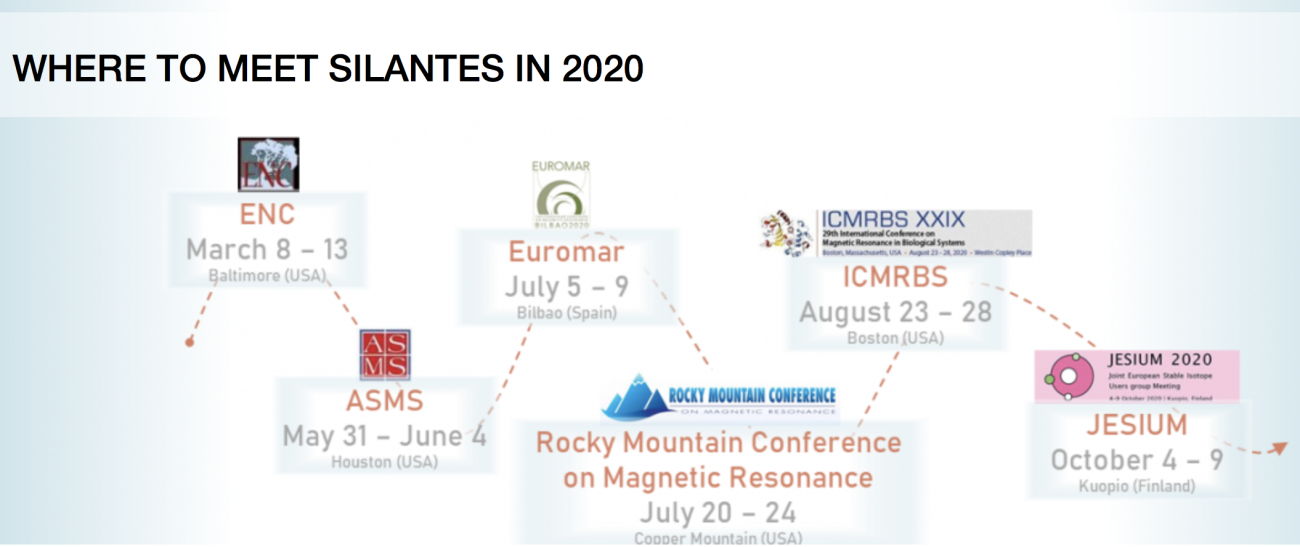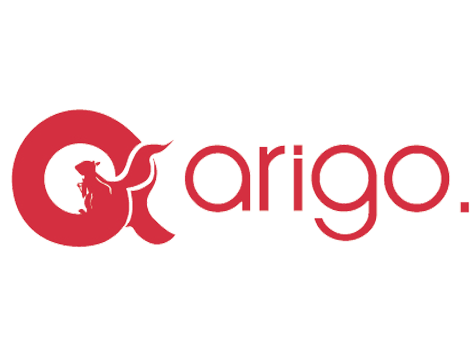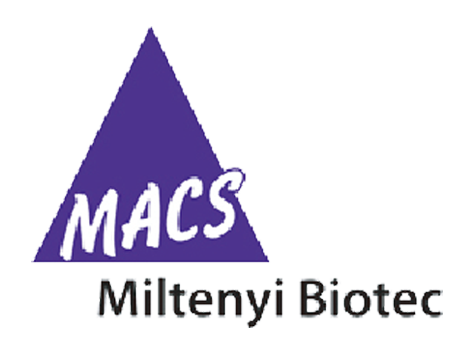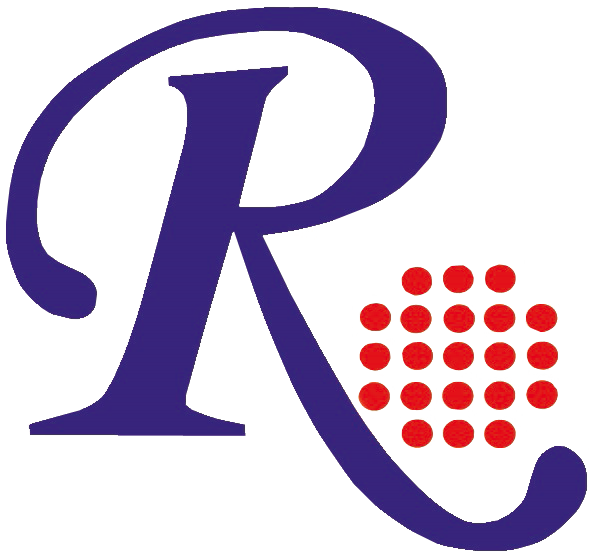
Silantes - Your partner for stable isotope labelled Biomolecules
We produce and distribute uniformly and partially stable isotope labelled biomolecules for nuclear magnetic resonance (NMR) spectroscopy and mass spectrometry (proteomics and metabolomics). These are >98 % isotopically enriched with the isotopes 2H, 13C and 15N. Our vision is to further broaden the applications for stable isotope labelled biomolecules.
The Story behind the Silantes Technology
Silantes uses a novel biotechnological approach in the production of biomolecules such as amino acids, nucleotides, peptides, proteins and DNA labeled with the stable isotopes 2H, 13C and 15N.
The former technology of this was developed in 1998 by Dr. Hermann Heumann at the Max Planck Institute of Biochemistry.
The technology is based on the fact that chemolithoautotrophic bacteria can metabolise inorganic carbon in a pathway similar to that of green plants. Chemolithoautotrophic bacteria combine the advantage of green plants in being able to assimilate CO2 with the advantage that bacteria are more productive and are also capable of expressing heterologous proteins.
The labelled chemolithoautotrophic bacteria cells are used as factory to produce the stable isotope labeled biomolecules of choice. This pioneering technology provides an outstanding homogeneity of components labeled with stable isotopes, especially in the area of triple labeled (2H, 13C and 15N) biomolecules.
As a spin-off of the Max Planck Institute for Biochemistry, we know from personal experience the criteria on which to base a successful research project.
-
Silantes technology for in vivo enrichment of stable isotopes in biomolecules is vastly superior to other known methods with respect to reliability, speed, quality, versatility and cost. For our high quality products, we guarantee fair prices and a reliable supply.
-
Silantes can tailor the production to meet your particular needs.
-
Silantes employs highly skilled scientists from the fields of molecular biology, microbiology, biochemistry and biotechnology providing competent and customer-oriented advice and solutions to meet the needs of science and industry.
-
Our comprehensive range of services is unique worldwide.
We look forward to discussing your special applications with you and assisting you in finding optimal solutions.
 abcam
abcam arigo
arigo Miltenyi
Miltenyi RevMAb
RevMAb Lonza
Lonza Roche
Roche Raybiotech
Raybiotech Merck Millipore
Merck Millipore

